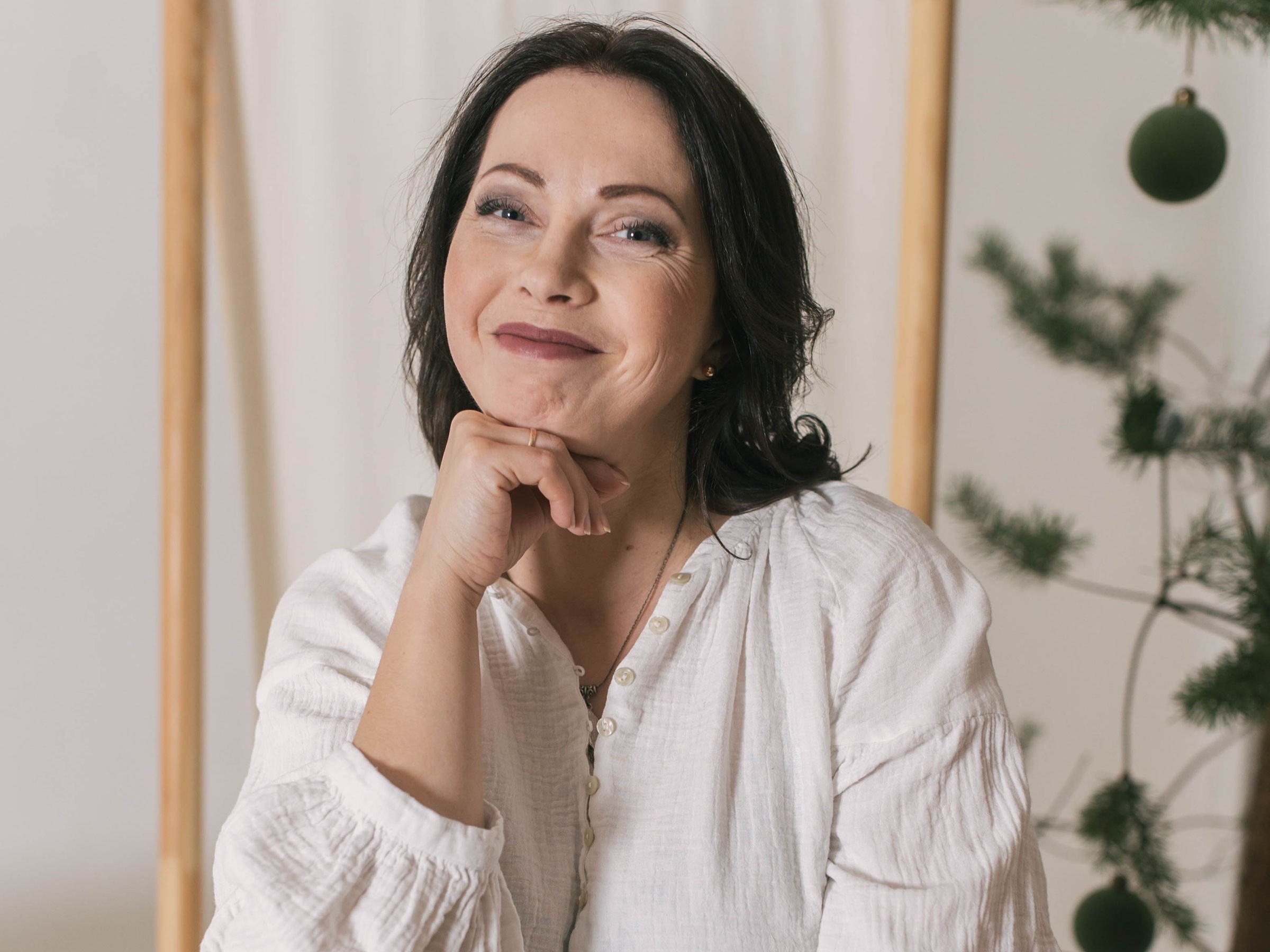
I meet parents every working day - in face-to-face or online consultations, in groups. And almost every time I hear the question, "But, Elin, how exactly do I say this to my child? What words?"
You and parents like you who want to raise physically and emotionally healthy children, ask me for advice, for ideas on how to talk to your child in a way that helps him understand what you are saying, that builds his self-esteem, that doesn't kill his desire to explore the world and keep asking questions.
There are sensitive questions asked by children where you don't want to say too much or too little. So that the child's interest is satisfied, so that he is knowledgeable enough to be able to draw age-appropriate boundaries and protect himself, and so that we don't "overwhelm" him with age-inappropriate information or scare him away. Sometimes we are confronted with sensitive situations that require us to explain it somehow to the child.
These are questions about death, various disasters, war, accidents, special life situations, private parts of the body, sexuality or parental divorce.
In these cases, we can take different approaches to find the "right words".
If the topic is not very emotionally charged for you as a parent and it is quite clear what needs to be done, the conversation with the child is "on the go" without much effort or thought.
If you don't know how to respond or how to talk to your child about it, you can ask a specialist - a child psychologist or PEP mums - for advice, listen to a lecture or attend a BEA course, for example.
And it's just as well to look for literature and resources that have already thought about this in a good way and explain in an age-appropriate way the topics that may be difficult for parents or other child carers.
If you're reading this, you must already know that the option of not answering, not telling, hiding or saying "the children don't need to know" is not a good one. But repeating this "will not die". As soon as children realise that a topic is uncomfortable for their parents, it becomes "taboo" and shameful, or the child associates the "hiding" with him/herself - I am to blame for the way things are (e.g. in the case of parental divorce). There are some topics where the child will continue to look for answers elsewhere than to the parents (they are embarrassed to talk about it), because the awakened interest will not go away and will seek its own satisfaction.
This is a view, a perspective, which is also how I look at the new book that has just been published in Latvian - "TUR LEJĀ". Parents who have taken a BEA course with me know that in the second session we also talk about their experiences and family choices in what children's genitals are called. The experts also recommend giving the correct names to the child's private parts (penis, vulva) and discussing with the children that in other families these parts are given different names.
Here I see a huge miscommunication or a message that has come out from the book's detractors, that there is a suggestion to call, for example, a vulva a snake. But the idea is that we can, through this book, give information in an age-appropriate way to a child about the different names that will potentially protect them from sexual abuse.
The book also gives you the words to talk to your children about transgender or same-sex families in your family or circle of friends.
And the book gives you the words to talk to your children about masturbation. You can't imagine how often I hear more or less shy questions from parents in counselling about what to do if I see my one-and-a-half, two, three or four-year-old "rubbing" or touching his genitals. Then there are the occasional concerns about observing an erection in a little boy, even an infant.
I laugh when angry uncles and aunts raise the alarm that the book will teach children to masturbate and "fondle their genitals". Hello! Children do it and parents sometimes have to explain it to children, both that touching yourself in the genital area is normal and it IS a pleasurable sensation, and that it should not be done in public places.
That's my 5 cents on this particular recent big bubble in Latvian society.
But this booklet on the names of sexuality and intimate body parts is not the only resource, nor is it a must-have. If these topics are also relevant in your family, take a look at the materials and website of the Dardedze Centre or consult child development specialists.
Similarly, the compulsory children's literature is not Linda Von Keyserling's "Stories for the Child's Soul", which helps children talk about death, divorce, serious illness. Often families face the loss of a child during pregnancy, then Vita Kalnins' "The Baby Didn't Come" can help if there are big brothers and sisters in the family who were expecting a baby just like Mum and Dad. Similarly, literature or cartoons about war or natural disasters do not have to be on the must-have list.
But sometimes it all crosses over into our everyday lives, and it's a good thing that the experts have thought of and prepared age-appropriate materials that tell us exactly how to talk about it, what words to use.
If you have any questions or concerns about what is or is not appropriate for your child, or if there are any topics that are difficult to discuss with children, please let me know, write to me or contact me at for advice.
But if you want to get to know your child's development and be with me and some other like-minded parents in KLATIEN for 10 weeks, then apply for a BEA coursestarting on 16 November in Riga, Čaka Street, opposite Ziedoņdārzs.
